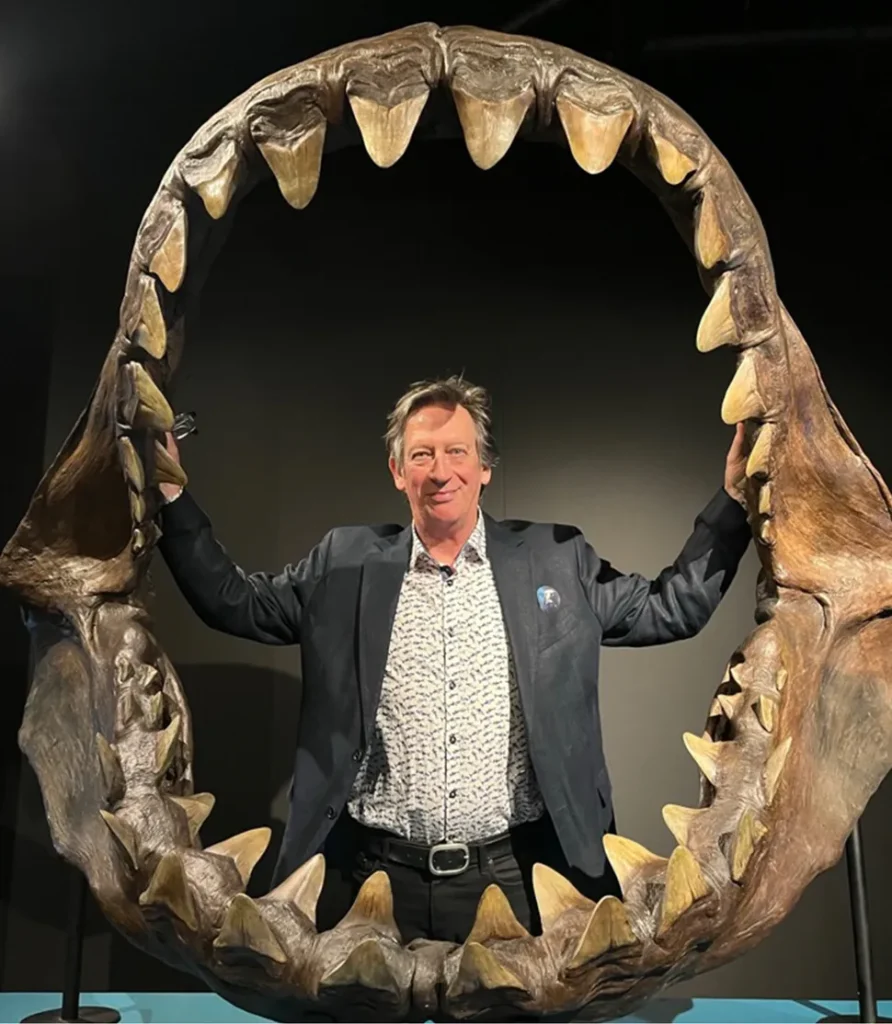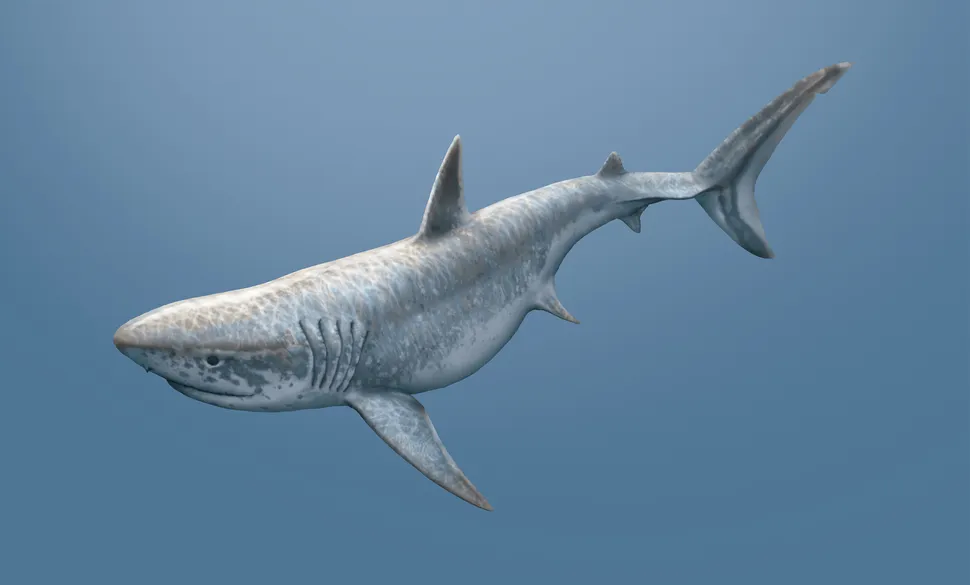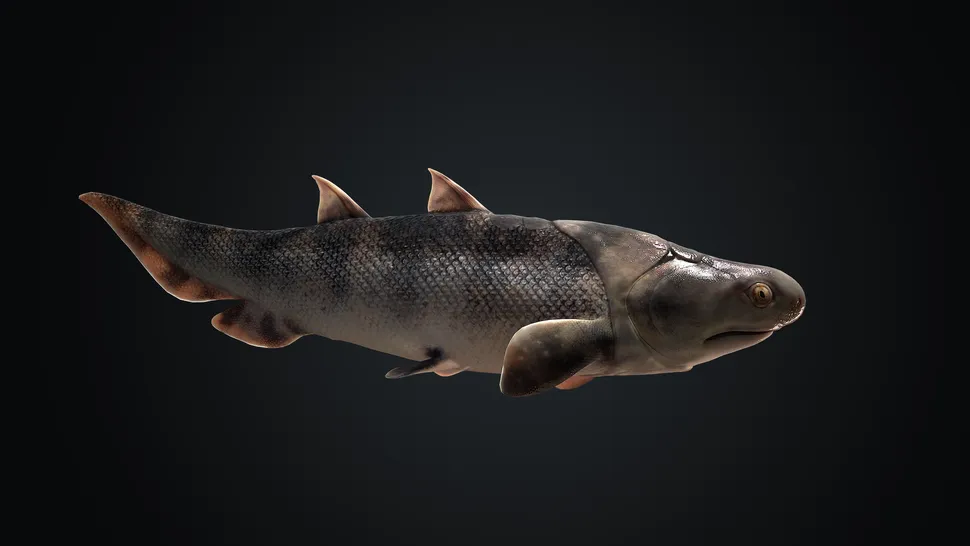“The Secret History of Sharks” author John Long met with Live Science to discuss his new book, recent revelations about megalodons, and how he got over his fear of great whites.

Sharks are one of the most resilient and fascinating creatures on Earth, with a history spanning over 500 million years. Despite surviving five major mass extinctions, sharks have adapted and thrived, thanks to their versatile body plan, which allowed them to diversify rapidly. According to John Long, a paleontologist at Flinders University and author of The Secret History of Sharks (2024), sharks’ ability to adapt their dentition — from crushing to sharp teeth — has been a key factor in their survival. This “Swiss Army knife” approach to feeding allowed them to thrive on various food resources throughout their evolutionary journey.

In his book, Long also delves into the evolution of megalodon, the largest predator to ever live, revealing new insights, such as its warm-blooded nature. This discovery suggests that megalodon could travel to colder waters, such as those near Antarctica, where it likely encountered whales. The study of megalodon’s warm-bloodedness adds a new dimension to our understanding of its evolutionary success.

Long points out significant gaps in the shark fossil record, particularly for the first 56 million years of shark evolution, when fossils are scarce. One of the biggest open questions is the relationship between sharks and placoderms (like the Dunkleosteus), ancient armored fish that may have influenced shark evolution. The discovery of Shenacanthus, a shark-like fish from the early Silurian period, offers clues to this mystery.
Despite sharks’ impressive evolutionary history, Long emphasizes the threat they face today due to the shark finning industry, which kills millions of sharks each year. He advocates for increased public awareness and legislative action to protect sharks from this devastating practice.
Ultimately, Long hopes his book will help rehabilitate sharks’ image, which has been tainted by movies like Jaws. By highlighting the beauty and intelligence of these creatures, he aims to inspire people to appreciate sharks not as mindless killers, but as complex, individual animals deserving of protection.
